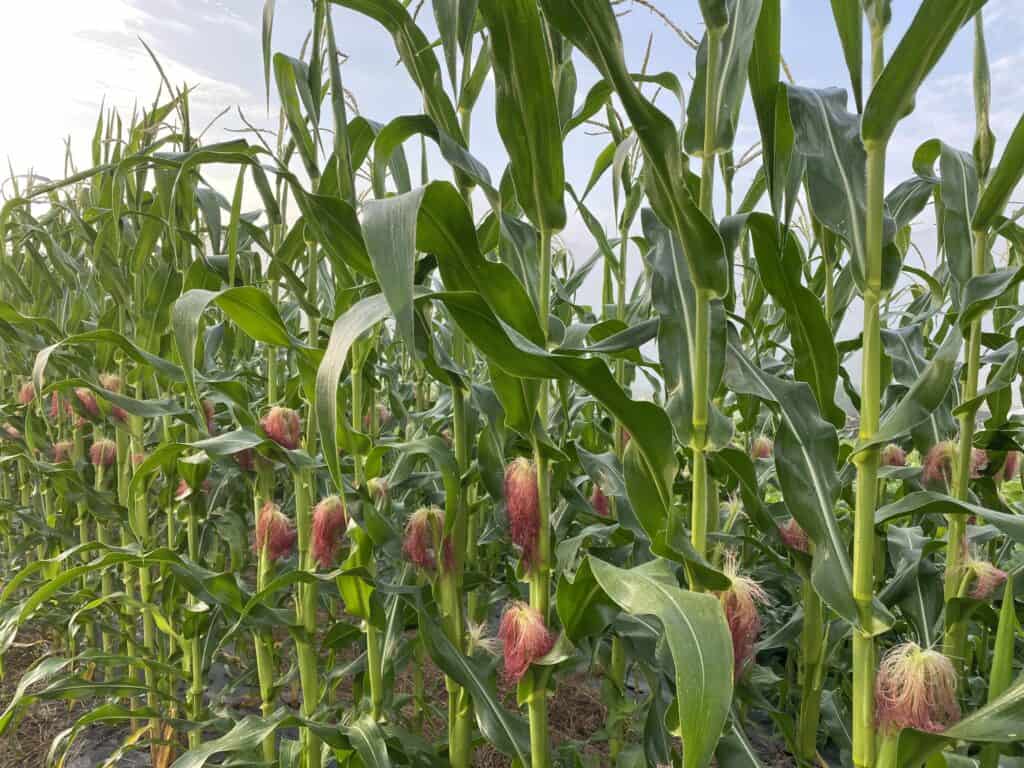Julianna Rennie, Solidaridad intern

I grew up in the suburbs of Charlotte, North Carolina. My family could afford healthy and plentiful food, and my mother enjoyed cooking family meals every night. I thought food came from the grocery store, and I found dirt, well … dirty.
My experiences are probably typical. But now, thinking about them makes me want to scream.
While attending college, I worked at the Duke Campus Farm. For the first time, I started developing a relationship with food and land. I no longer accepted that food comes from the grocery store; I wanted to know where it was grown, who grew it, what methods they used, and whether their workers were treated fairly.
Then, during the 2020-21 school year, I took a year off from my undergraduate studies to farm. I spent time in Asheville, North Carolina; Española, New Mexico; and Bandon, Oregon. I got to know these communities through their farmlands and growers.
Now, I’m interested in activating other people to join the farmworker rights movement. I don’t think everyone needs to spend time in the fields to become aware of food and farmworkers. Instead, I plan to use storytelling and political action to show people that farmworkers matter.
Farmworkers often are invisible in both history and current news and, in turn, their humanity and efforts are ignored. People who labored in the fields generated much of the wealth of this country during its founding, and farmworkers continue to be essential to our society.
By centering farmworkers in our narratives, we acknowledge their agency, dignity, and contributions. As a Solidaridad intern, I’m excited to work with organizers, elected officials, and reporters to celebrate farmworkers and advocate for their basic human rights.
